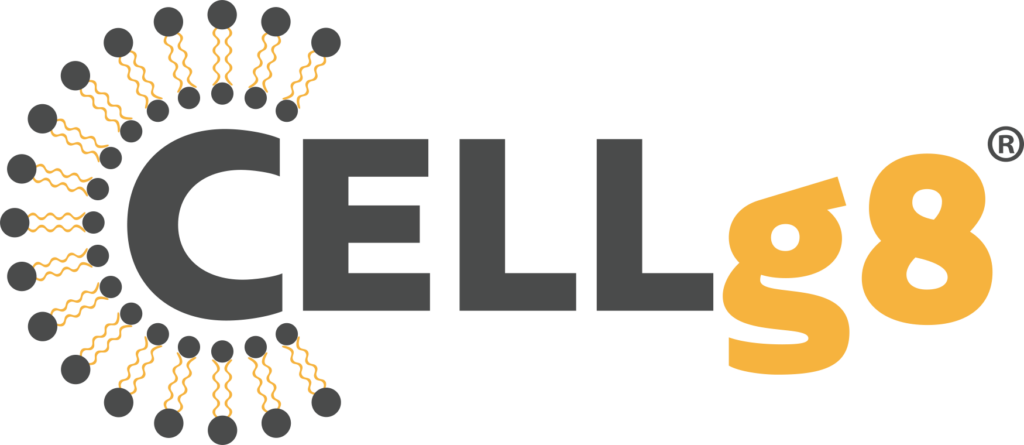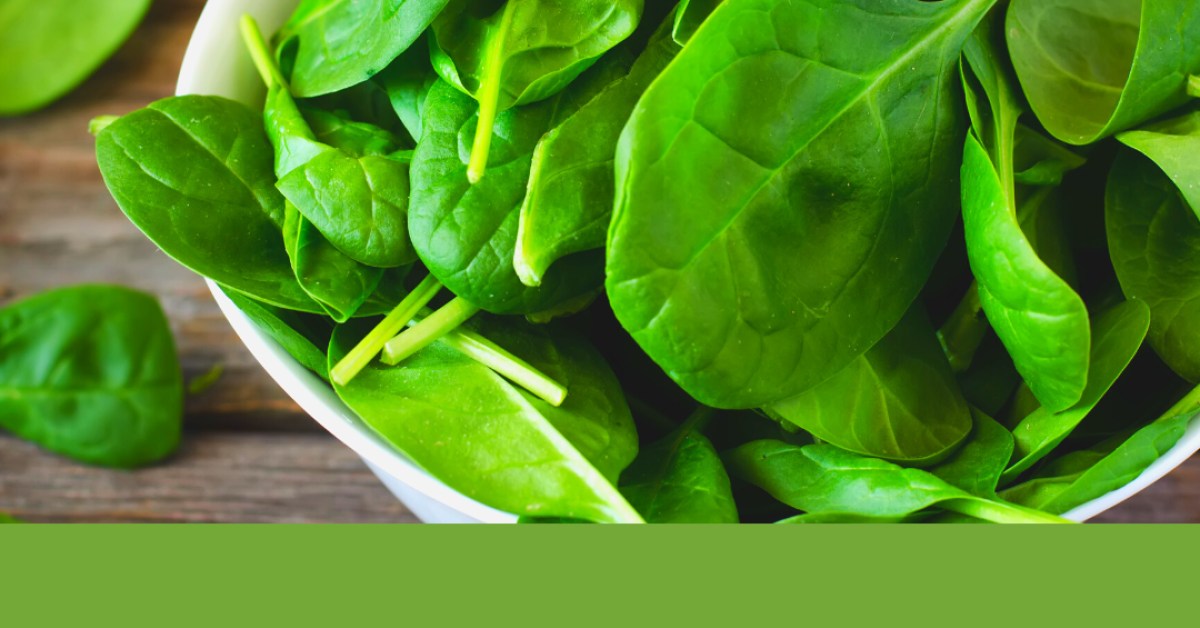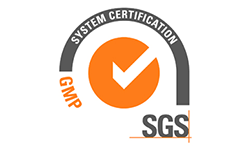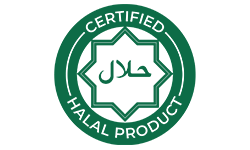Trimethylglycine (TMG), also known as betaine, is a compound that plays a role in methylation biochemistry. It acts as a methyl donor, similar to S-adenosylmethionine (SAM), which is the main methyl donor in the cell.
TMG can donate a methyl group to homocysteine, an amino acid that can be toxic if its levels become too high, converting it to methionine. This conversion is an important step in the methylation cycle, as it generates methionine, which can be converted to S-adenosylmethionine (SAM) by the enzyme methionine adenosyltransferase (MAT). SAM is the main methyl donor in the cell and is used in many methylation reactions, including the methylation of DNA and proteins.
TMG is found in foods such as wheat bran, spinach, beets, and shellfish. TMG supplements are also available, however, it is important to note that high doses of TMG can cause side effects such as nausea, diarrhea, and fishy body odor.
References: –https://www.ncbi.nlm.nih.gov/
